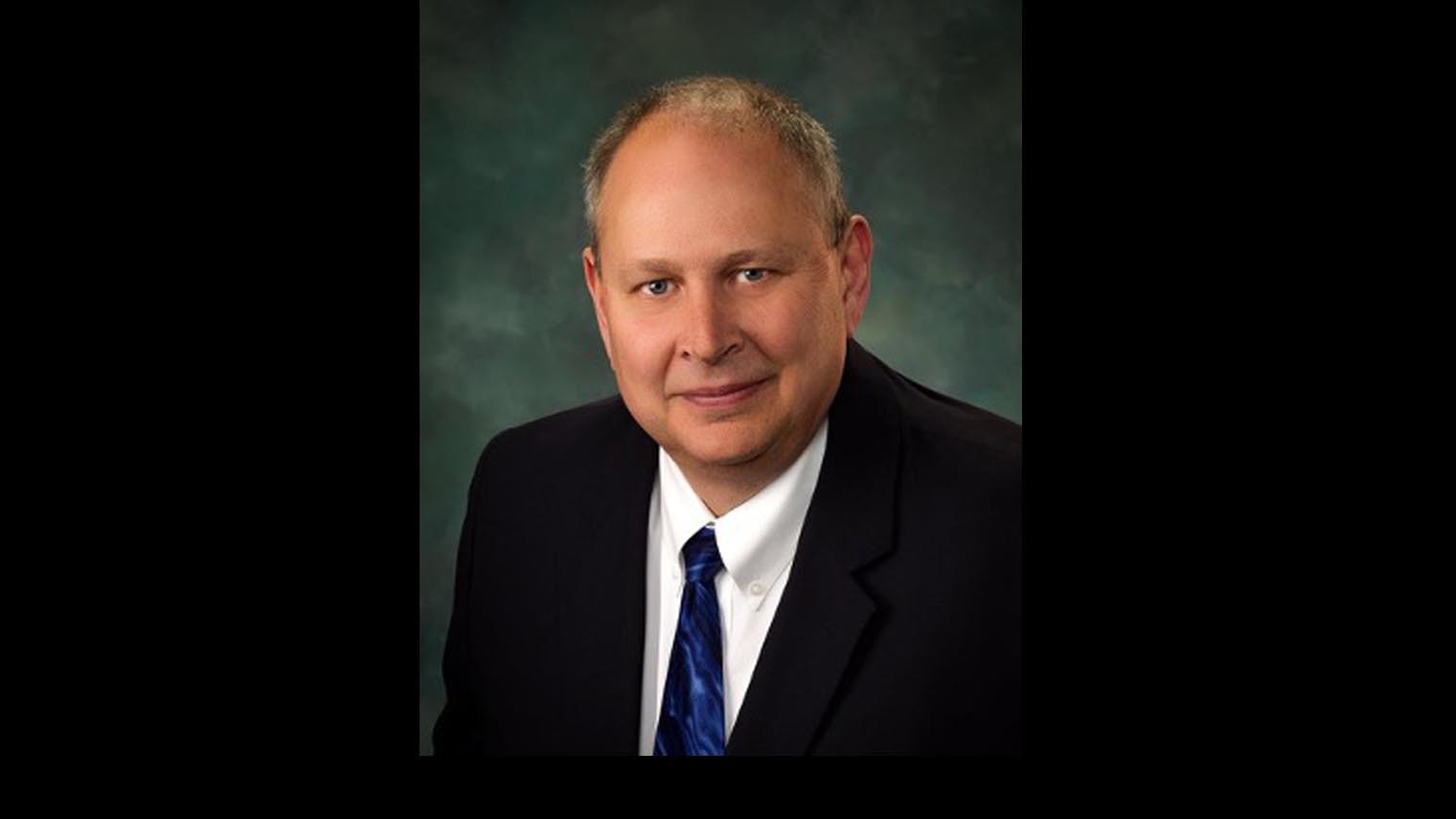A long time ago, Wyoming set up a process to establish an independent and non-political judiciary. Other states are not so lucky.
In some states, judges are elected in partisan elections. In those states, judges campaign on independence, but to maintain their jobs, they have to take into account the passions of the electorate.
In running those political campaigns in other states, the judges need to solicit political contributions – contributions that come with strings. Wyoming avoids all these pitfalls.
Wyoming decided in the early 1970’s to take politics out of the judiciary. They accomplished that task by adopting what is known as the Merit Selection and Retention Plan, or the Missouri plan.
A commission, called the Judicial Nominating Commission, is in charge of the selection of judges. Three members of the commission are selected by the governor and confirmed by the Senate. Three members are elected by the licensed members of the state bar. The Chief Justice presides over the selection process.
When a vacancy occurs in a judicial position, the commission advertises the vacancy. Applicants complete an extensive 30-page application, including references, writing samples and personal statements.
Then, the commission meets and interviews each of the candidates. The commission evaluates each of the candidates on their intelligence, ethics, judicial temperament, courage and integrity, ability to communicate, civic and professional responsibility and desire to continue learning.
After the interview, the commission submits 3 names to the Governor.
The governor interviews each of the three candidates, and then has 30 days to appoint one of the three names to the judge position.
Then, at the first general election after the judge has served one year, the electorate gets to vote as to whether or not the judge keeps the job. The election is nonpartisan and noncompetitive. The question submitted to the voters is “Shall Judge _____ be retained in office?”
Then every six years for judges, and eight years for justices of the Supreme Court, the voters get to vote as to whether or not those judges are retained in office.
Every now and then, a judge becomes nonresponsive to the public, and the voters fire that judge.
Judges have been non-retained at every level. Non-retention does not happen often, but it serves as a check and balance to ensure the judge is responsible and responsive.
The arduous selection process coupled with the need to be responsive to the public keeps our judges responsible for being impartial, fair and competent.
The Wyoming Judicial Branch is made up of 55 judges and justices, chosen through a merit selection system that is about as nonpartisan as you can get. Those men and women were selected for their objective job qualifications.
They go to court every day to deal with issues large and small, many of which are very contentious and unpleasant.
With a judicial system where half the people lose all the time, there is bound to be some grumbling about judges and the judiciary. But by and large, we are lucky to have the judges and the judicial system we have.
Twenty-four Circuit Court judges operate what is often called the “Peoples’ Court.” They have the highest volume of cases, and they see the lowest number of people represented by lawyers. They take care of traffic citations, protective orders, evictions, and low-level criminal cases.
They demonstrate daily legal knowledge, compassion, and patience.
Twenty-six District Court judges have a different kind of caseload with lower volume but higher complexity. They deal with domestic disputes, juvenile matters, felony crimes, complex business litigation, and a variety of other matters.
Our District Court judges handle highly complex litigation, felony crimes, juvenile matters and domestic situations with discernment and wisdom.
Our five Supreme Court justices handle only appeals, usually from district court cases. The Supreme court addresses every kind of legal issue. The opinions written not only resolve the particular case on appeal, but also contribute to the body of case law on which people rely to know what the law is going forward.
In a state with nearly 600,000 people, Wyoming’s courts handled 104,920 separate cases in fiscal year 2023, about one case for every six of us.
The cases are broken down to 73,589 criminal cases and 17,945 civil cases in Circuit Court. In District Court, there were 2,385 criminal cases filed, 8,047 civil cases, 1,163 juvenile cases, and 1, 791 probate cases.
Our judicial officials and their staff work hard administering the third coequal branch of government while only spending 3.4% of the state’s general fund.
We are lucky, in Wyoming, to have the court system we have. It is disheartening, then, to see our top elected officials criticizing the court system with a broad brush in an effort to curry favor with the Trump campaign.
Wyoming’s judicial system is insulated from politics, and our judges work to apply the law, not politics, to resolving legal disputes on a daily basis.
Tom Lubnau served in the Wyoming Legislature from 2005 - 2015 and is a former Speaker of the House. He can be reached at: YourInputAppreciated@gmail.com





